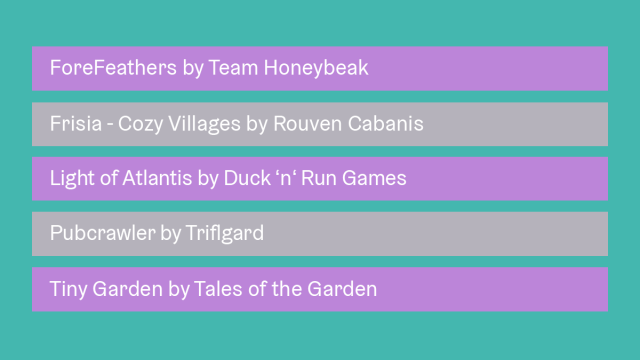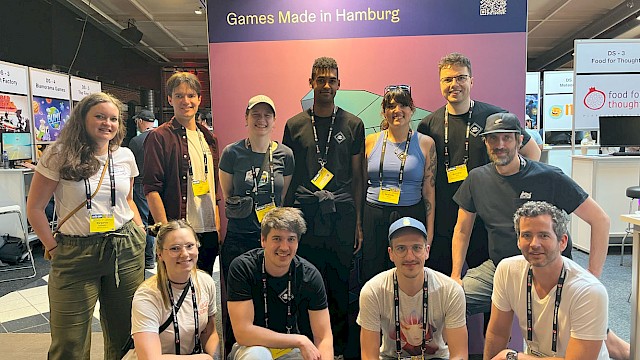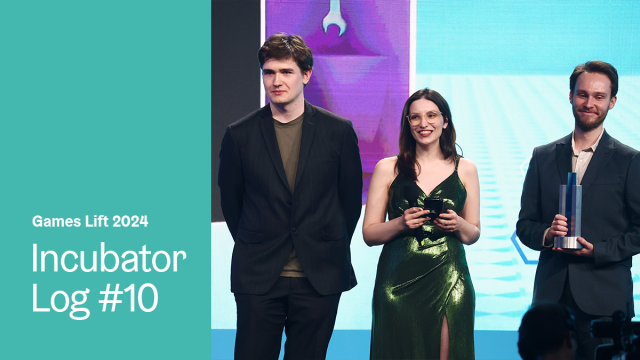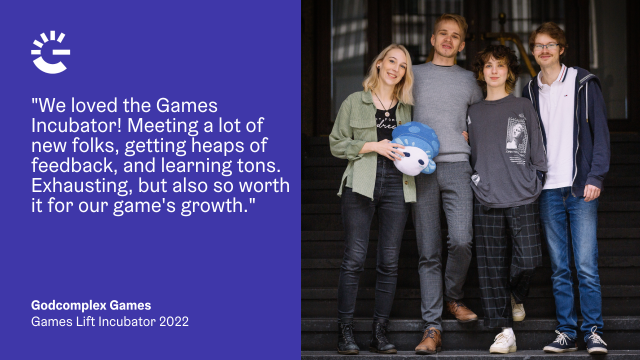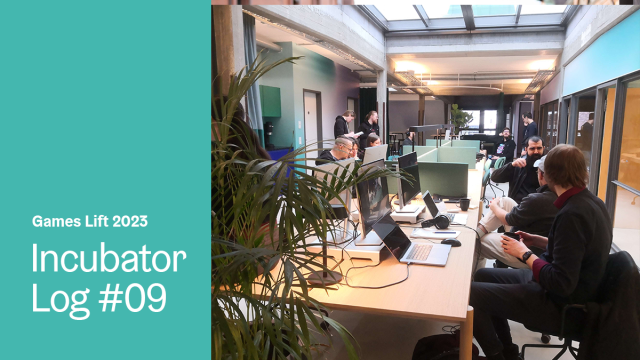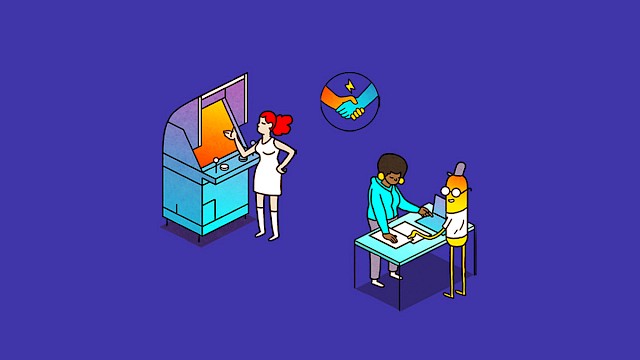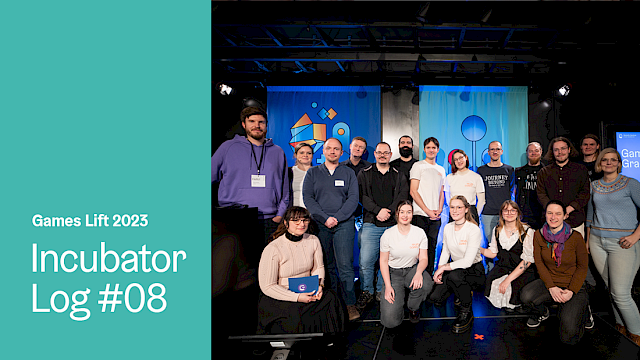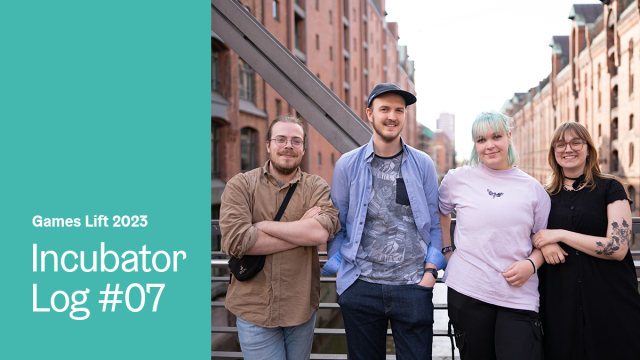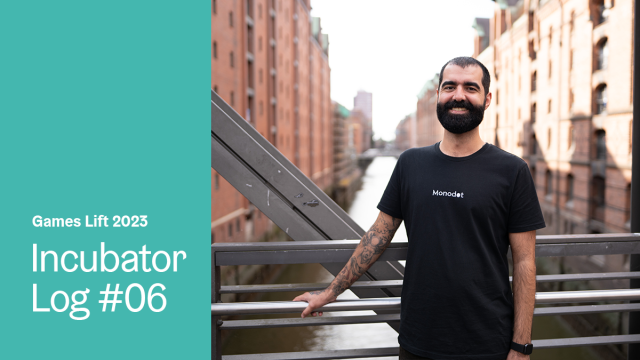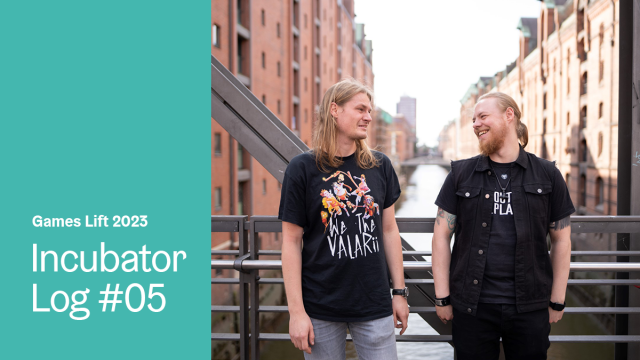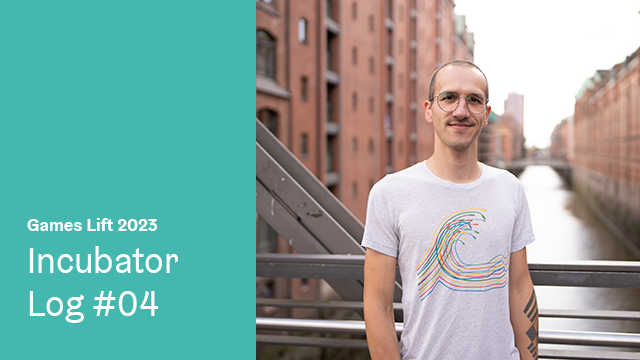October 22, 2021
Games Lift: From one milestone to the next
In our Milestone Pitch event, our Games Lift participants presented their progress from the lessons learned in the Incubator program and pitched their development status in their games projects and concepts to mentors and the awarding committee. Find out more about our teams' progressions in our Games Lift Log #7.
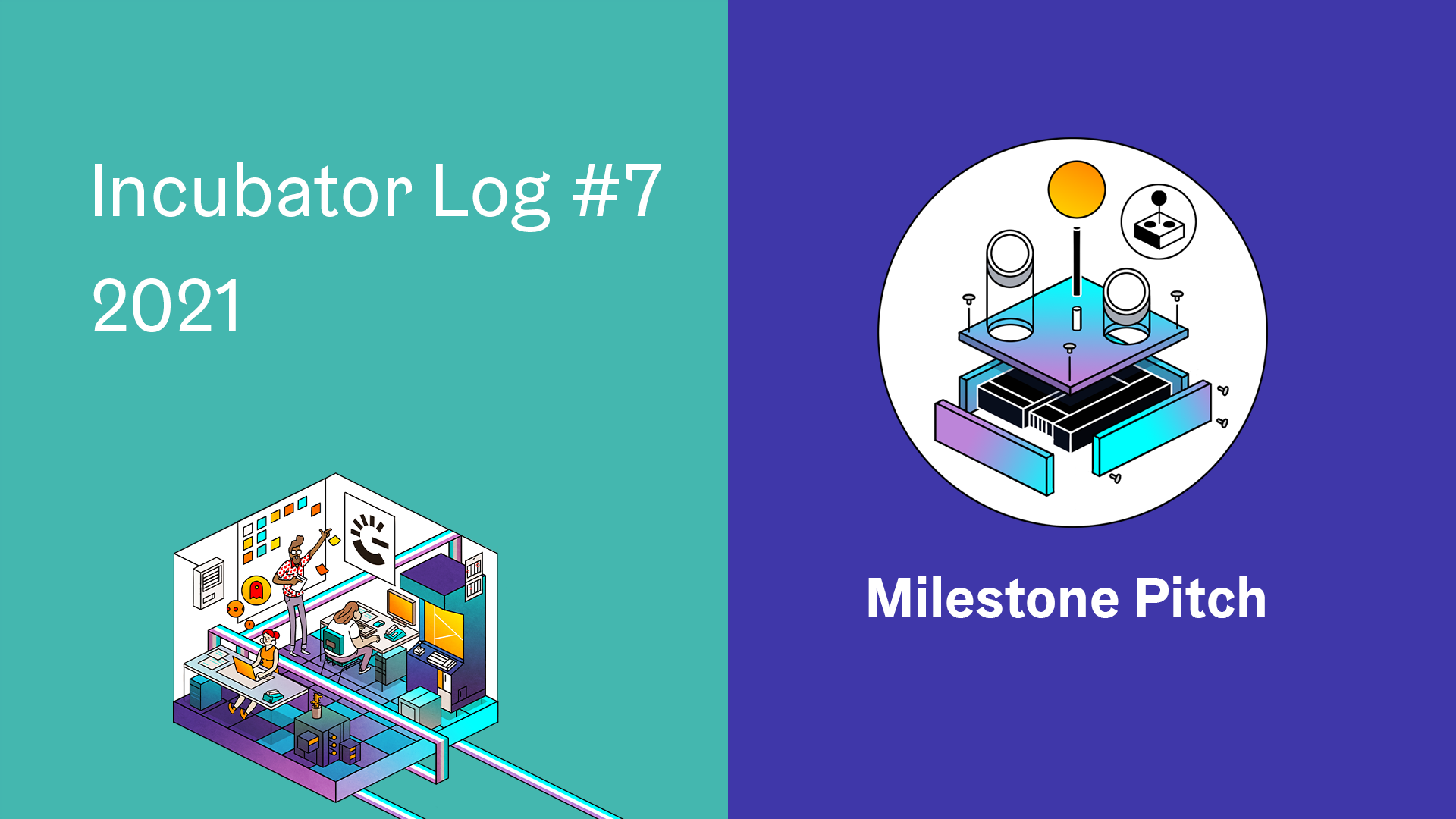
The excitement was palpable. You could see tension in the faces of our teams. In their milestone pitch, the teams have to demonstrate what they have learned so far and show their project’s progress. But no worries: They were ready for their moment on the stage.
Looking from the outside in, the milestone pitch can seem irritatingly early. The teams, members of the awarding committee and mentors cram into one video conference in order to check on progress and ask critical questions. But the Games Lift Incubator just started a few weeks ago! What can there be to show already?
As it turns out, a lot. Timo from tool1 got to go first. “The Invitation is a looter shooter with a sandbox quest system”, he started. It was an effective way of showing an important step his team has taken. Being able to find the essence of your game and put it into an appetizing elevator pitch is important, and surprisingly hard.
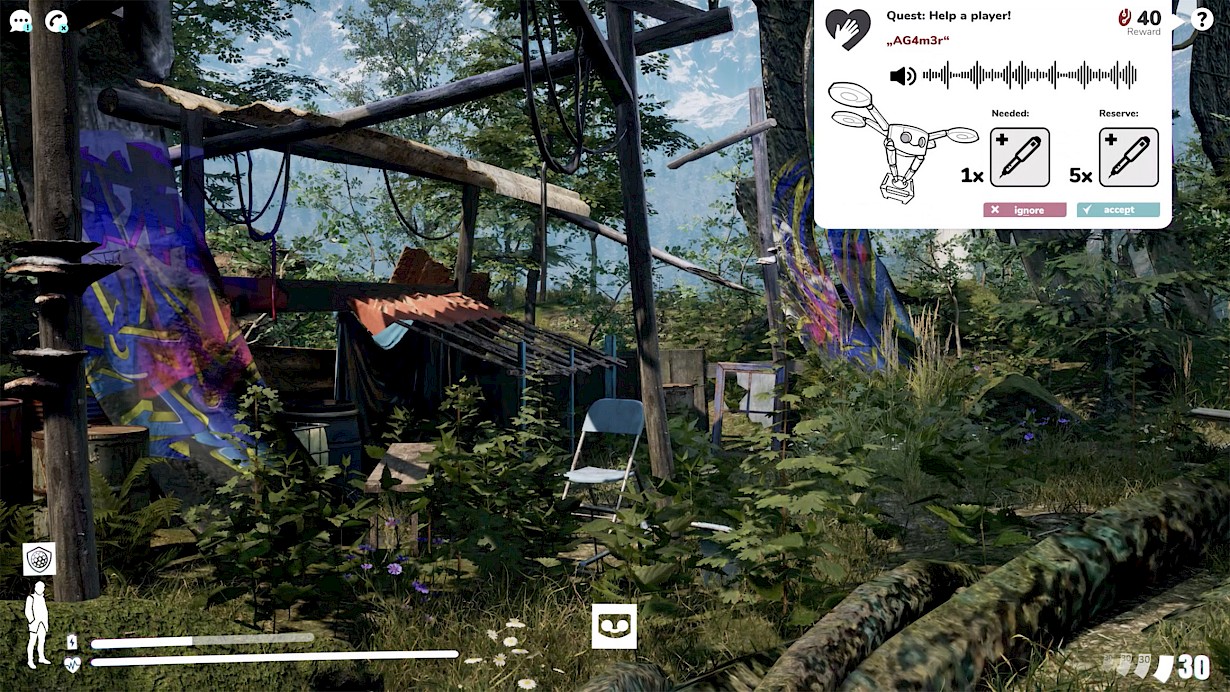
“There is still so much to improve”, Timo sighed. He highlighted the help and inspiration tool1 have found in the workshops so far. He also showed the results of a critical evaluation the team has made regarding their social media strategy. They now aim to “focus on the platforms that fit where our project is” – do you want to talk to fans, or show them new assets? And finally, Timo had mentors to thank and new plans to tease.
Painting a picture
The showing was impressive, but short. Each team only gets ten minutes. Denise Koch put her timeslot to good use by setting the mood. “Picture this…”, she started, and went on to describe how her interactive rock musical Monstersongs VR opens, how it looks, what players are going to do. Then she hurried through a variety of areas in which her project has advanced – including a special thank you to mentor Dr. Christian Rauda for helpful advice about licensing music in games.
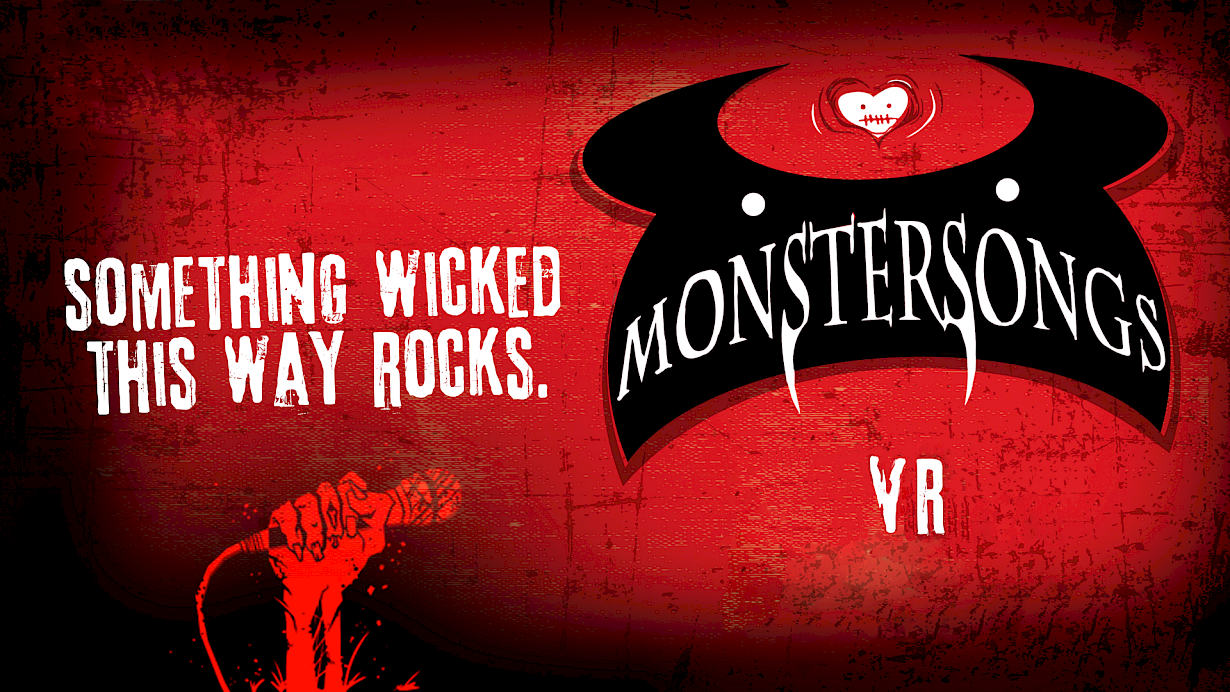
Denise also set herself a new goal: To be able to present a scene from the game in the graduation pitch. Since her project is still early, the goal is an ambitious one. But making progress is what the Incubator’s all about. The audience was convinced. Plan of Attack’s Aidan Minter identified Denise’s theatre background as a big plus for the project: “She brings a lot of passion, but also a lot of knowledge”, he smiled.
Anca from Symmetry Break Games was next. Her team is developing “Prospector”, an adventure game with fresh ideas. Anca, too, showed progress on defining the game’s hook. Beyond that, she had learnings to show on aspects ranging from dialogue implementation to concept art to production management.
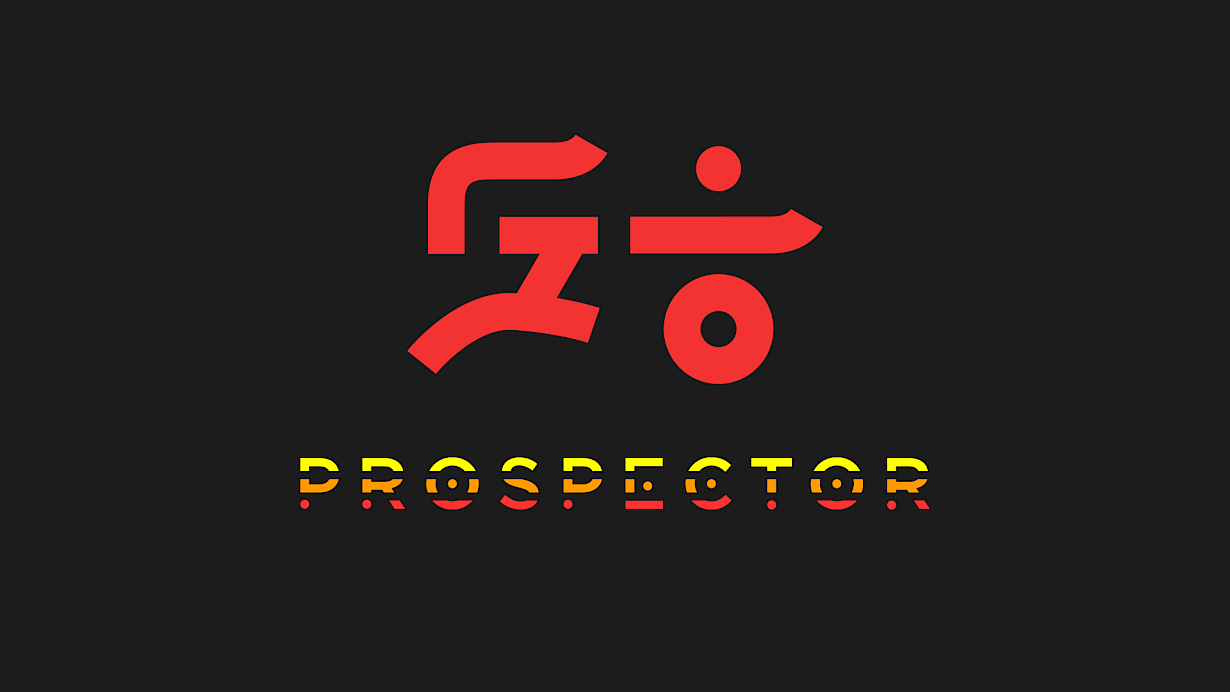
But an important lesson has stuck with her: Mentor Wolf Lang’s advice to find the fun in a game project early on. “Demo time!”, she cheered and gave a detailed outline of how an early scene plays out using animations and artworks, including detailed descriptions of game mechanics. The next goal for the team is to make a demo fully playable. Everyone was impressed. Wolf was, too: „You’re definitely getting closer”, he said.
Focussing the design
Next up was Timo from consider IT, developers of supernightshift. He quickly went through stylish animations, showed their progress on developing a social media profile and talked about their drive to get inspiration and ideas from the outside.
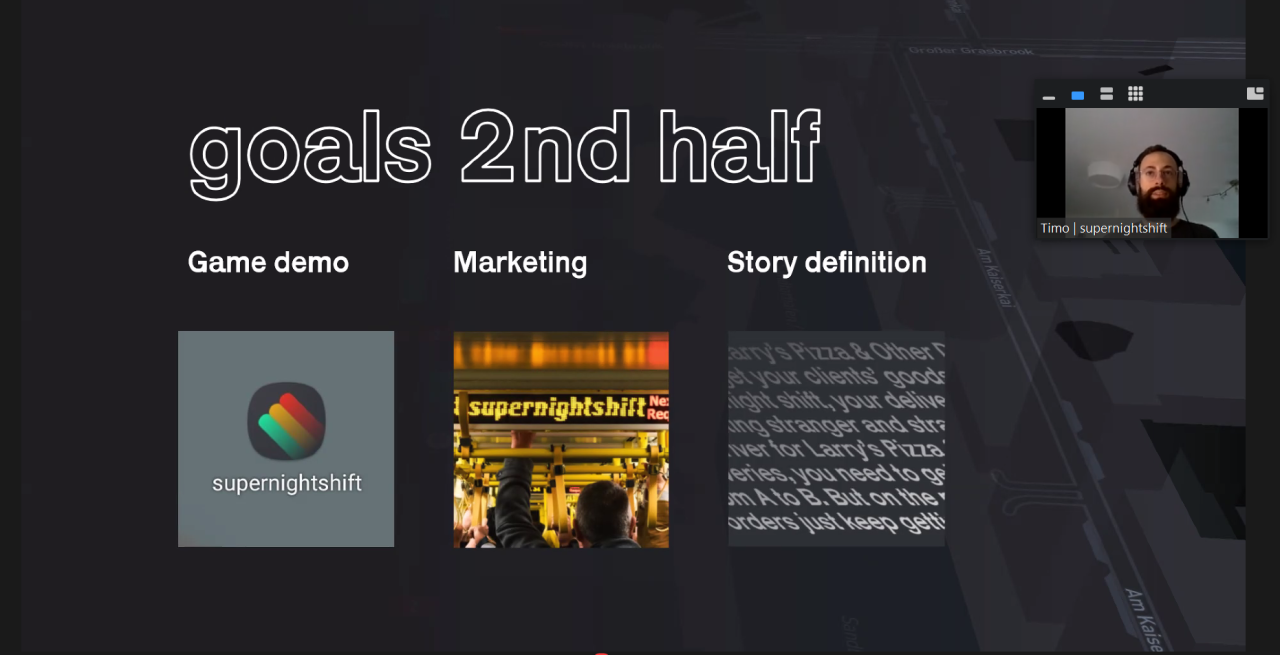
Supernightshift is going to be a minimalist racing game for mobile. A lot of the game concept still has to be fleshed out. That is where Timo has set himself a challenge: He wants to “turn a tech demo into a game demo” – their showcase so far looks eye popping, but there are still design questions to be answered about what kind of game Supernightshift will be exactly. The demo is meant to shine a light on the question. “We are focussing heavily on it”, Timo explained.
And then it was Gerrit’s turn to present the progress he and his brother Patrick have made on their project, “The Treepoids”. Defining all the aspects of the adventure game around these friendly-looking aliens has been a challenge, and it was remarkable to see Gerrit make a slick pitch for his “plantastic” game.
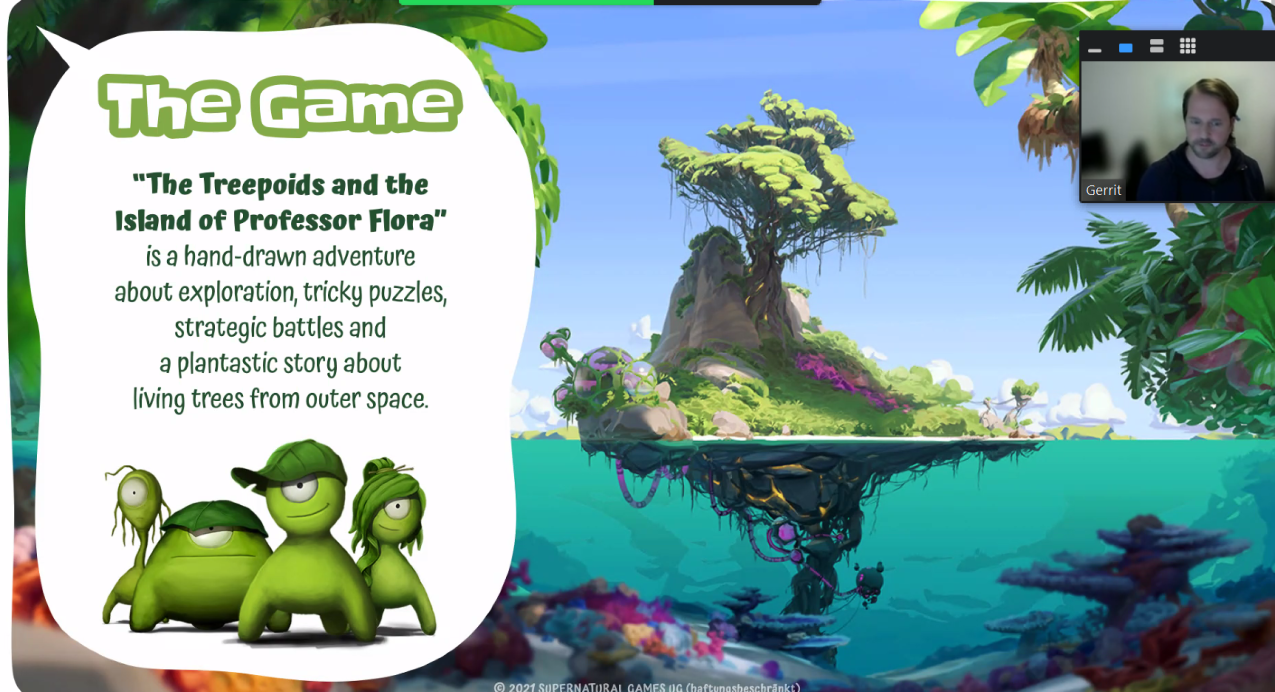
Gerrit highlighted the usefulness of advice in the workshops, singling out Michael Schieben and his Product Field approach. But Gerrit made the effort to specifically show, in writing, what he had learned from which workshop. It was a lot. He followed it up with a sprint through areas ranging from his PR strategy to project management to a first glimpse on a planned crowdfunding campaign.
Seeing all the progress presented wall-to-wall is a rush. And seeing how enthusiastically the teams take up the Incubators’ various services is a great motivation for the people running the program. Gamecity project manager Daniel Hericks chimed in afterwards to show how impressed he was. Not only the eager participation in the workshops made him happy, but also the “optimal” way in which the teams applied their learnings. Directly after that, he went into reminders and planning details concerning the workshop schedule. A lot has been accomplished so far, but a milestone is just that: A milestone. We cannot wait for Graduation.
